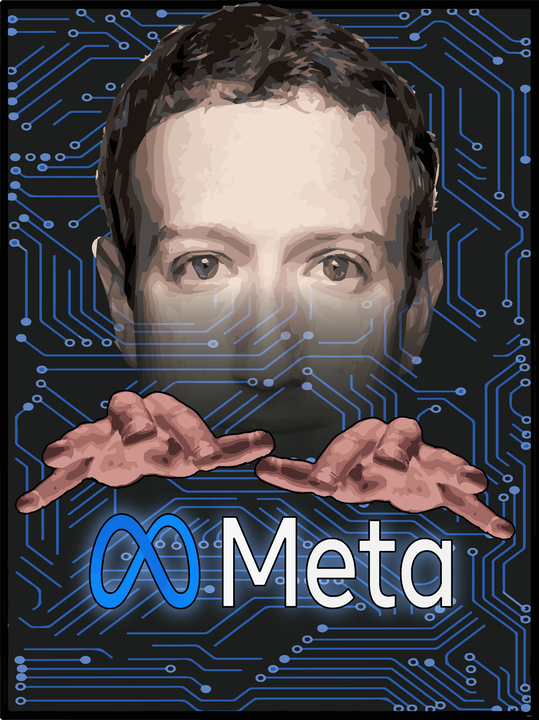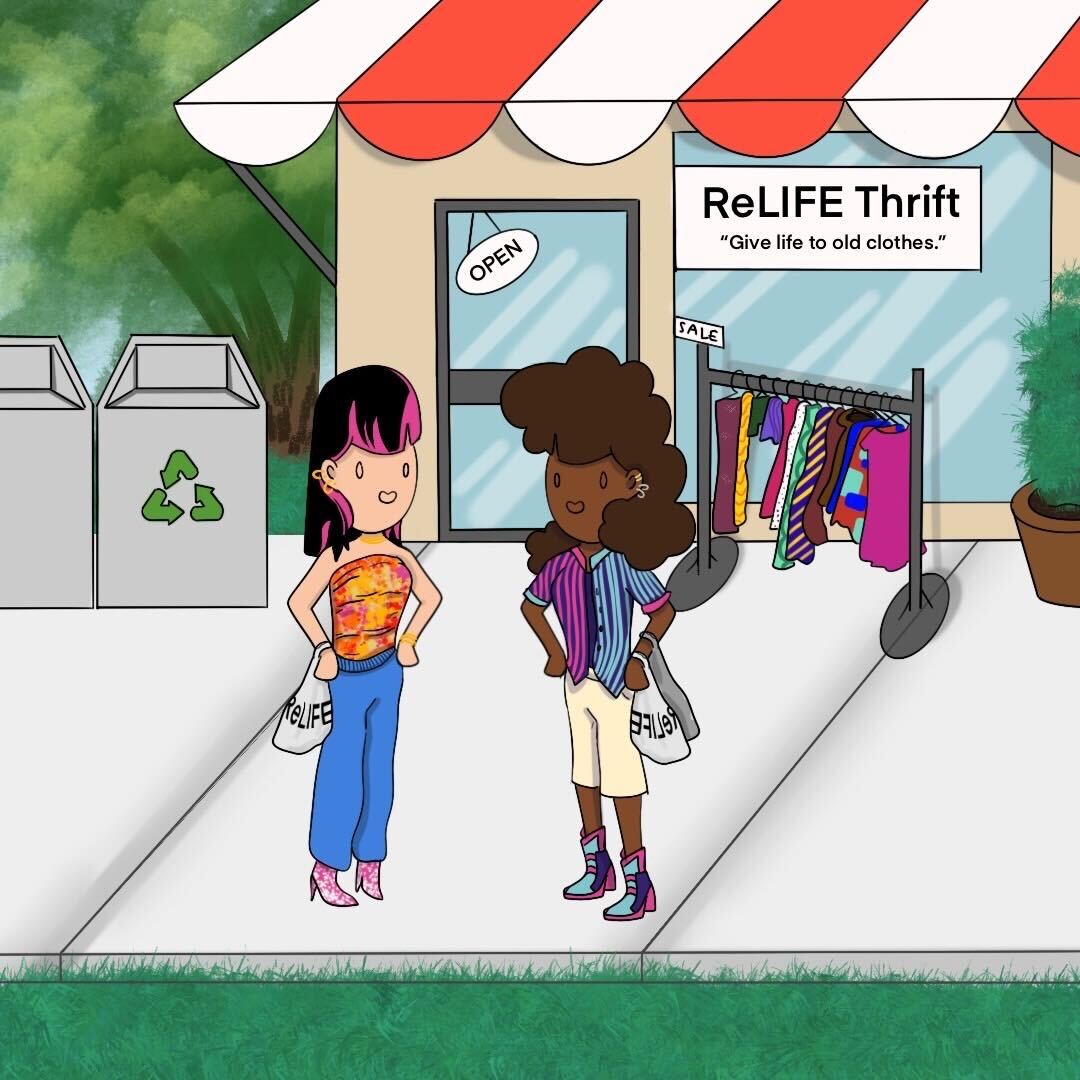Frances Haugen, a Facebook product manager turned whistleblower, testified before Congress late last year, drawing bipartisan concern and the wrath of millions of incredulous eyes upon Silicon Valley, earning her the international title of the Facebook Whistleblower.
Haugen’s documents, which are more commonly pictures of Facebook’s internal network, reveal a divided and disorderly company grappling with its own influence and the potentially life-altering decisions hidden within the company’s headquarters.
Highlights include a report that new research accounts were exposed to QAnon, employee messages confessing a failure to combat COVID-19 misinformation and the organizing of the Jan. 6 insurrection as well as an ethically-questionable study on user’s emotions where unknowing participants had their feed’s changed to be more negative or positive.
Shockingly, Facebook’s looser regulations abroad fueled civil war and genocide. In countries like Myanmar and Ethiopia, civil war and ethnic cleansing are exacerbated by calls to violence and misinformation regarding enemy factions. In Myanmar, where about half the population uses Facebook, the algorithm leads many pro-military accounts to call for genocide against the Rohingya people, a Muslim minority that has fled the country in the hundreds of thousands.
In-house researchers went as far as blaming Facebook’s “core product mechanics,” the basis of the platform, for allowing the spread of misinformation and hate speech, yet the public was not notified that a platform, central to the daily lives of many, may be inherently biased against their wellbeing.
The Facebook documents only confirm what we have long suspected, that Big Tech has a profound influence on our lives, and we are not in good hands.
With this, an ominous storm cloud forms above Mark Zuckerberg’s proposal of the Metaverse, announced alongside Facebook’s grandiose rebrand to Meta Platforms.
Zuckerberg’s vision of the Metaverse is that of a virtually augmented reality built on company-designed infrastructure, where connectivity seeps into work, education and leisure. It forms a digital reality you inhabit rather than a screen you stare into.
The Metaverse, while still a far-off vision, has already wooed eager prospectors such as Microsoft and Nvidia into betting on the unrealized concept. Even Roblox and Epic Games are apt for real estate in Zuckerberg’s dystopian dream.
Facebook is not a unique threat, and it’s likely not the only superpower of Silicon Valley that’s mishandling our information and exchanges. Personal decisions may reinforce positive outcomes, but with cellphones and social media accounts nearly ubiquitous and even necessary for personal and professional life, the imagination wanders to future disasters.
The problem can’t be solved by lowering your screen time or deleting the app. Seismic shifts are needed in our awareness of how Big Tech platforms affect our emotions and friendships, even our ideals. We need to extend that individual awareness to systemic policy, and petition for stronger regulation in Silicon Valley, as its influence on public safety and opinion is clear.
Perhaps it is time to democratize key components of our digital infrastructure. By putting the decision-making power of Google, Meta and other tech companies in the hands of their employees, à la worker-co-ownership, or in the hands of American citizens by regulating, and making visible, the internal operations of these companies. It is now necessary to legislate transparency. Misinformation, algorithmic biases and the worrying trends in our online call-and-response concern the public at large, and as such should be controlled by that very same public.
What follows is pressure. Pressure on our lawmakers to deny campaign donations from Silicon Valley, and to keep Big Tech regulation at the forefront of their agendas. And pressure on the companies themselves, to comply with our demand for complete self-ownership and autonomy in digital existence.
By spreading awareness of their oversight, by actively recognizing and combatting algorithmic bias and by exploiting and displaying the failures of their systems, we will turn these platforms against themselves.
As college students, our age range is trapped in the ever-growing tech infrastructure. Platforms like Zoom, Microsoft Office and Google Workspace corner our educational-professional lives, while Snapchat, TikTok and Instagram command our social lives. All the while Google watches over us, tracking our entire digital existence.
These entities have near governmental-level power in their ability to shape the trajectory of a life. As international curators of the reality that reaches us, how can we remain comfortable without democratic control or regulation? Without ownership of our data, or a say in the treatment of hate speech, misinformation and the functions of the algorithms that organize our data streams?
Facebook’s document leaks are a vital reminder that public discourse and safety are largely overseen by these companies. This realization doesn’t scale well with the announcement of Zuckerberg’s Metaverse, talks of Donald Trump’s own social media platform, child-focused social media and growing concerns of data collection.
Without democratization or independent review, we are actively signing over face and photo data, our locations, thoughts, opinions and the decisions over what networks of people and information we are placed within. We need to deeply consider what happens when algorithms and digital spaces shape our social reality, especially when those algorithms are designed to keep us engaged and steal our time.
– Cole Renwick is a theater film concentration sophomore
The University Star welcomes Letters to the Editor from its readers. All submissions are reviewed and considered by the Editor-in-Chief and Opinion Editor for publication. Not all letters are guaranteed for publication.
Opinion: Big Tech is dangerous
Cole Renwick, Opinion Contributor
February 11, 2022
0
Donate to The University Star
Your donation will support the student journalists of Texas State University. Your contribution will allow us to purchase equipment and cover our annual website hosting costs.
More to Discover











